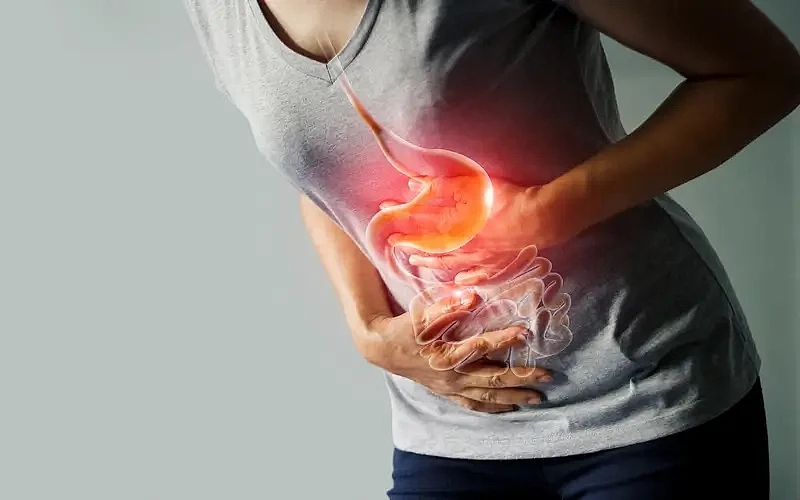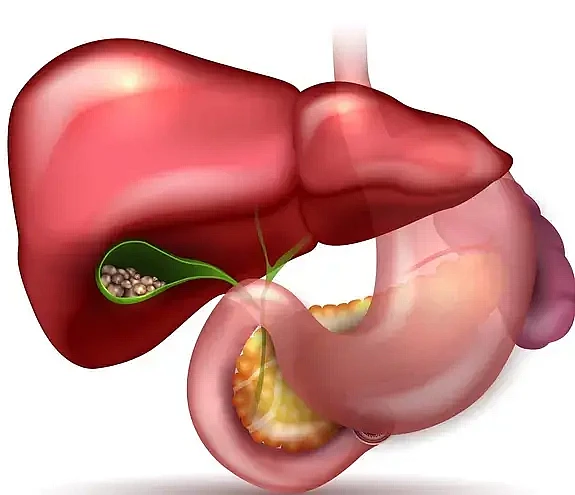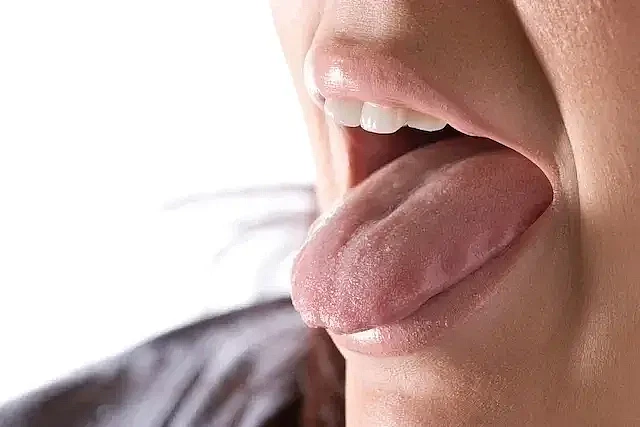Bitterness in the mouth, what are the reasons

Often, people, particularly those over age 40 to 45, become anxious about a bitter mouth. Unfortunately, this unpleasant symptom is not always given due weight, while its appearance may indicate the development of serious chronic diseases. In most cases, a gastrointestinal disorder is the cause of mouth bitterness. Duodenogastric reflux usually occurs, in which the contents of the duodenum that contains bile acids are pumped into the stomach, and a small amount of bile acid then enters the mouth through the esophagus. Causes of digestive system malfunction vary widely and may be related to both nervous system malfunction and gastrointestinal diseases.
Bitterness of the mouth is a bitter taste caused by irritation at G-protein-associated T2P receptors. These receptors are present in the mouth and upper airways.
It is important to consider the frequency and associated symptoms to identify the cause of bitterness. It is also worth paying attention to the events that preceded the appearance of this feeling.
Bitterness is usually more common among adults and older adults and is uncommon among children. It can be caused by both functional disorders and serious illnesses. Bitter mouth, therefore, requires attention and a thorough medical evaluation.
Bitterness in the mouth in adults is often due to problems with the digestive system. Modern living conditions, such as stress at work, fast food and monotonous, low-vitamin meals, negatively affect the functioning of the digestive tract. This can lead to the development of various diseases:

- Chronic gastritis;
- Gastroduodenitis;
- Cholelithiasis;
- Ulcer of the stomach and duodenum.
In these disorders, the digestive system, particularly motor function, may malfunction. This can cause duodenal reflux when the contents of the duodenum pass into the stomach, causing a bitter sensation.
Also, many people ignore oral hygiene, which increases the risk of disorders such as stomatitis, glossitis, and cheilitis. Oral inflammation may necessitate treatment that uses drugs that cause bitter mouth. Usually, this symptom resolves after the drugs are stopped and the inflammation has resolved.
Bitterness male
Bitter mouth in men is often associated with bad habits such as drinking and smoking. Regular drinking can lead to chronic inflammation of the stomach and duodenum. Alcohol also interferes with the functioning of the pancreas and biliary tract.
Binge eating is another common cause of bitterness in men. When the amount of food eaten exceeds the body’s requirements, particularly if the diet is high in fat, the liver does not produce enough bile for the gastrointestinal tract to function normally. This leads to a feeling of fullness in the abdomen, belching, heartburn and a bitter taste.
Bitterness female
Among women, oral bitterness is common in gallstones, which affects about 15% of the adult population. Women are 4 times more likely to be affected, especially if they are overweight. Stones in the gallbladder may cause biliary obstruction, leading to biliary colic.
Disorders of the thyroid gland may also cause bitterness in the mouth in women. Hyperthyroidism or hypothyroidism caused by altered hormonal levels may cause biliary dyskinesia and a bitter taste.
Between 45 and 55 years of age, women often develop menopause due to decreased estrogen levels. This leads to major changes in the functioning of many systems of the body. Bitter mouth during this period is often accompanied by a dry and burning mouth. Other symptoms of menopause include flushing, loss of appetite, bloating, nausea, and vomiting. Hormone therapy usually helps remit these troublesome manifestations.
Bitterness in Older People: Causes and Manifestations
Older people often have many chronic disorders that affect how the digestive system functions. It may manifest as bitterness in the mouth. Symptoms may be related to both medical conditions and drugs.

Among the medicines that can cause a bitter taste, you can distinguish:
- antibiotics;
- painkillers;
- anti-inflammatory drugs;
- Antiseizure drugs
- drugs to lower cholesterol levels
- drugs to control blood pressure;
hypnotics.
Chronic gastritis may reduce the production of gastromucoprotein, which is needed for intestinal absorption of vitamin B12, in older people. The lack of this vitamin and folate may lead to megaloblastic macrocytic anemia, in which inflammatory changes in the tongue, such as glossitis, develop. It manifests with tongue enlargement, pain, burning, and bitter mouth.
Diabetes mellitus, which is becoming more common among older people, may also be a cause of bitterness. This disorder is related to insulin production or insulin dysfunction, which results in high blood glucose levels. If people do not follow a diet or skip drugs, they may have metabolic problems, including elevated ketone body levels, which cause an unpleasant taste in the mouth and characteristic odor.
Cancer is often accompanied by a paraneoplastic syndrome, which includes weakness, weight loss, intoxication, and fever. Occasionally, bitterness in the mouth can be due to liver malfunction caused by metastases or liver failure.
It is also worth mentioning tumor lesions of the gastrointestinal tract, which can disrupt its work and lead to the appearance of bitterness in the mouth.
Symptoms of bitterness
Symptoms of bitterness are characterized by a bitter taste in the mouth or throat, which has a negative effect on the emotional state of a person. That is why you should not tighten your mouth when you eliminate bitterness. Usually, the cause of the disorder must be corrected to eliminate unpleasant symptoms.
Causes of bitterness
The causes of bitterness in most cases are due to:
pathology in the oral cavity (inflammation of the gums, mucosa and tongue, as well as as as a result of dental interventions);
violation of the digestive system (due to inflammatory processes in the gastric mucosa, duodenum, changes in the motility of the gastrointestinal tract, dyspepsia, helminthiasis, dysbacteriosis);
- Disorders that affect the gallbladder and biliary tract
- Disorders that affect the liver
- Changes in hormonal background (during menopause or hypothyroidism)
- pregnancy;
- taking medicines;
- intoxication of the body;
- bad habits (drinking and smoking);
- psychological disorders.
Treatment
Virtually all people ask what to do when bitter mouth occurs. Due to a wide variety of possible reasons, treatment should be entrusted to a specialist.
Bitterness in the mouth, what to do?
The first thing to do when bitter mouth occurs is to remember whether bitter food was eaten the day before. If nothing comes to mind, then you should consult a specialist who can identify and eliminate the underlying disease that caused bitterness.
For example, after a survey and thorough examination, in most cases additional signs are identified that reveal the main disease underlying the onset of bitterness.
Depending on the location, the pathological process can be localized to:
- oral cavity;
- Throat, esophagus, stomach, and intestines
- hepatobiliary system;
- endocrine organs;
- nervous system.
- Also take into account bad habits, regular use of drugs and chronic diseases.
Prevention of bitterness
As a rule, the prevention of bitter taste in the mouth is to lead a healthy lifestyle, because then the risk of chronic disease, the manifestation of which is this unpleasant symptom, is significantly reduced.
What should be done to prevent bitter mouth:
often eat small portions;
include liquid foods in the diet;
eliminate alcohol and smoking;
fall asleep;
avoid heavy food at bedtime.
Is it always worth worrying when bitterness comes
When a person gets bitter, one should be concerned, because under the mask of this unpleasant symptom may be hidden chronic diseases that lead to severe disorders in the internal organs. In general, it is not necessary to delay the visit to a doctor, as treatment of mild disorders in most cases allows you to get rid of unpleasant sensations faster. At the same time, advanced pathologies may require long-term continuous treatment.

